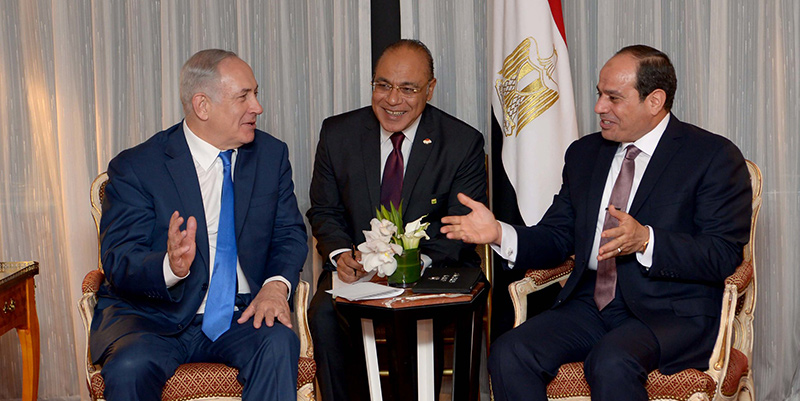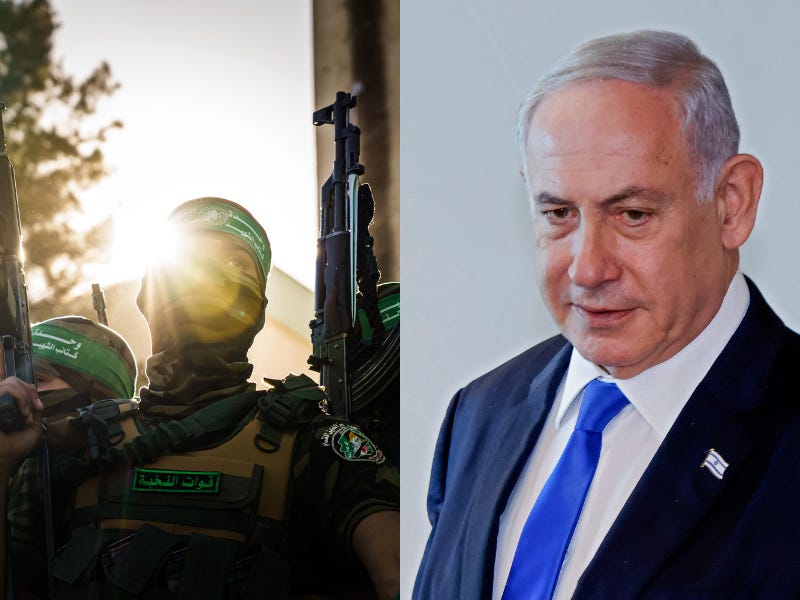
Egypt will host delegations from Israel and Hamas on Monday for discussions on implementing a U.S.-backed proposal introduced by President Donald Trump.
- Egypt will host delegations from Israel and Hamas to discuss a U.S.-backed proposal for a ceasefire in Gaza.
- The plan includes the exchange of hostages and prisoners, expanded humanitarian access, and international oversight.
- President Trump thanked Middle Eastern nations for their contributions to the initiative aimed at lasting peace.
- Egypt’s role is central due to its mediation capability with both Israeli and Palestinian factions.
Backed by several Middle Eastern nations, the U.S.-supported plan seeks to secure the release of all Israeli detainees and Palestinian prisoners as part of a broader effort to achieve a lasting ceasefire in Gaza.
Talks to Be Held Under Tight Security
Egyptian officials have confirmed that the discussions will take place in Cairo under tight security. In a statement, the Egyptian Foreign Ministry said the talks are part of “ongoing Egyptian efforts, in coordination with mediators, to end the Israeli war in Gaza.” It noted that discussions would focus on “field conditions and the details of the exchange process for all Israeli captives and Palestinian prisoners, in line with the U.S.-backed proposal.”
The ministry added that the negotiations aim to build on “the regional and international momentum created by the U.S. plan to stop the war in Gaza” and to end “the suffering of the Palestinian people, which has continued for two years.”
The proposal also includes provisions for expanded humanitarian access to Gaza, the gradual withdrawal of Israeli forces from designated areas, and international oversight to ensure compliance by both sides.

Netanyahu Expresses Optimism Ahead of Cairo Talks
Israeli Prime Minister Benjamin Netanyahu said on Saturday that he had instructed his negotiating team to travel to Egypt for “a limited number of days.” In a recorded address, he expressed optimism about the potential breakthrough in securing the release of hostages held in Gaza.
“I hope that in the coming days we will be able to announce the return of all our hostages — alive and dead — in one batch, while the army remains deep inside Gaza and in the areas it controls,” Netanyahu said.
Trump Thanks Regional Partners
in a video posted on his Truth Social platform, President Trump expressed gratitude to several Middle Eastern countries for their roles in shaping the initiative. “I want to thank Qatar, Türkiye, Saudi Arabia, Egypt, Jordan, and so many others who helped me put this together,” he said. “Everyone will be treated fairly as we move forward toward lasting peace and stability in the region.”
Background: Earlier Cairo Talks in March
The upcoming Cairo meeting follows months of intermittent diplomatic efforts. In March, Hamas officials travelled to Egypt for talks on a potential truce after a U.S. official indicated that Israel had endorsed a framework for a temporary ceasefire and prisoner exchange.
While Hamas representatives attended those discussions, Israel did not send a delegation, reportedly due to Hamas’s refusal to provide a list of hostages still alive in Gaza.
Shift in U.S. Policy
The March discussions also marked a significant shift in U.S. policy, as American officials held limited direct contact with Hamas, the first such engagement in decades.
The United States, which designated Hamas a Foreign Terrorist Organization in 1997, focused on securing the release of 21-year-old Edan Alexander, the only Israeli-American believed to be alive in captivity, along with the bodies of four other Israeli-Americans taken during the October 7 attacks.
Egypt’s Crucial Mediation Role
Egypt’s role remains central given its longstanding ties with both Israel and Palestinian factions. Cairo has frequently hosted ceasefire and reconciliation talks, positioning itself as a regional mediator capable of balancing competing political interests.












